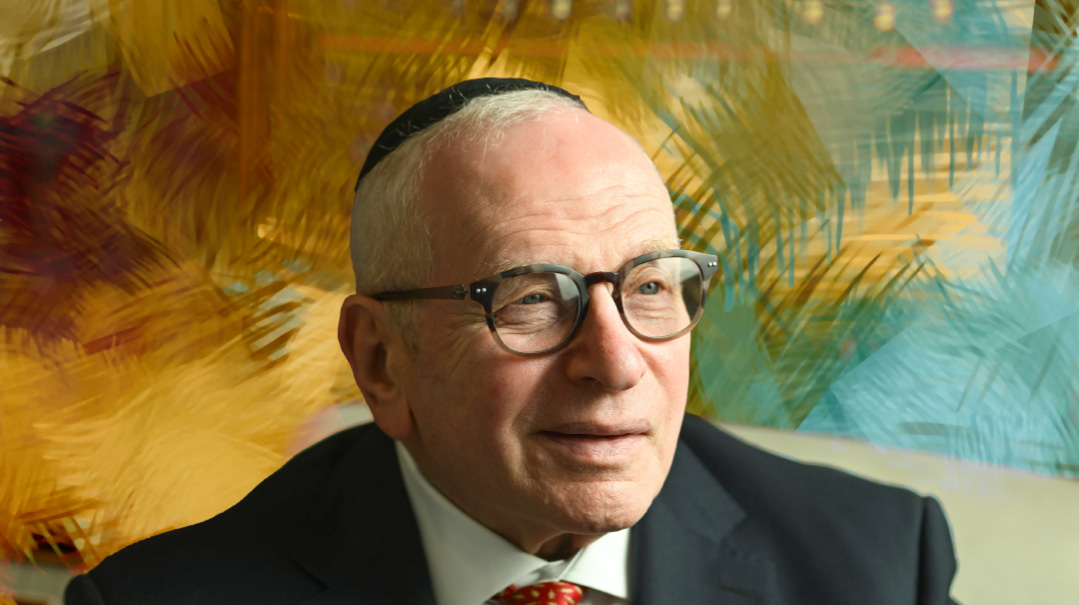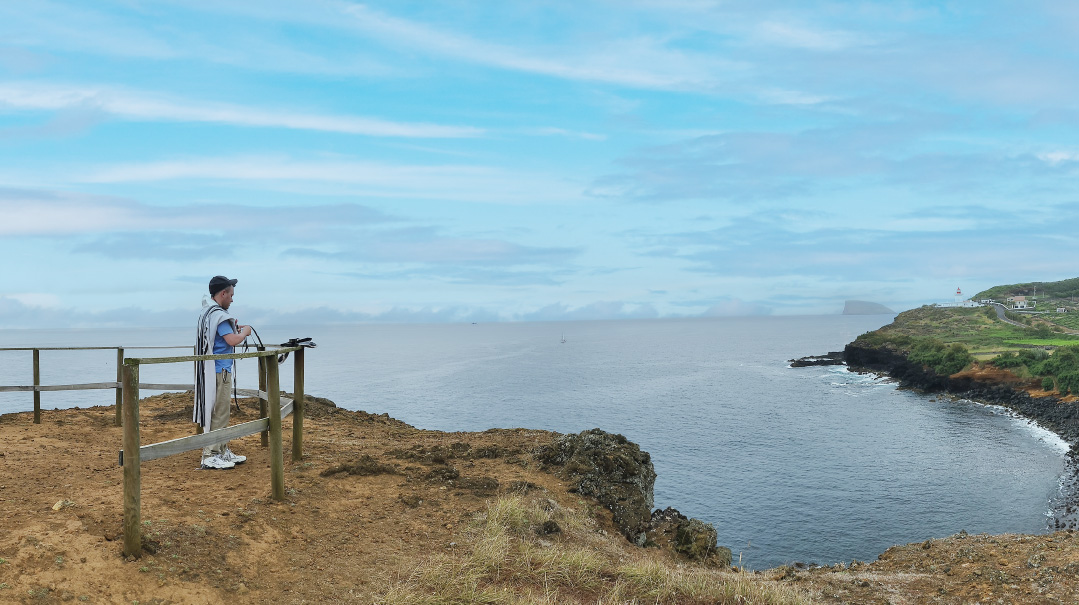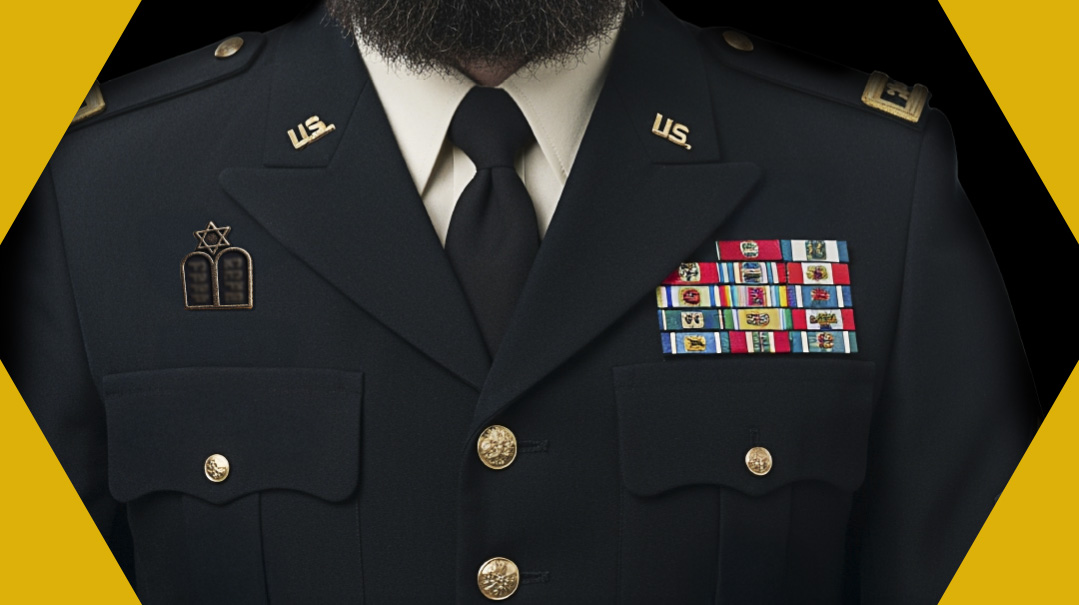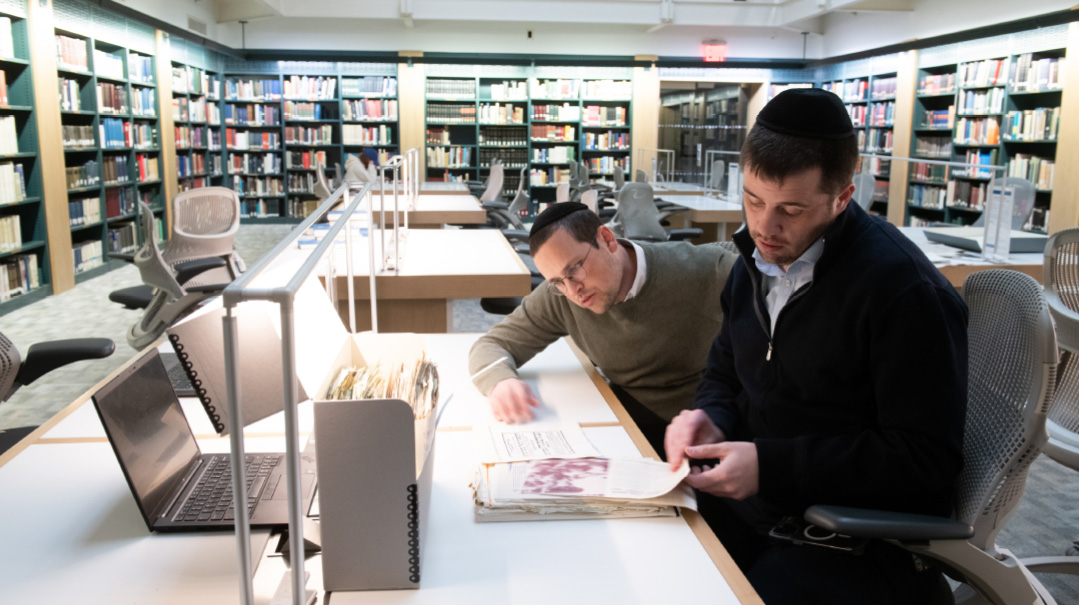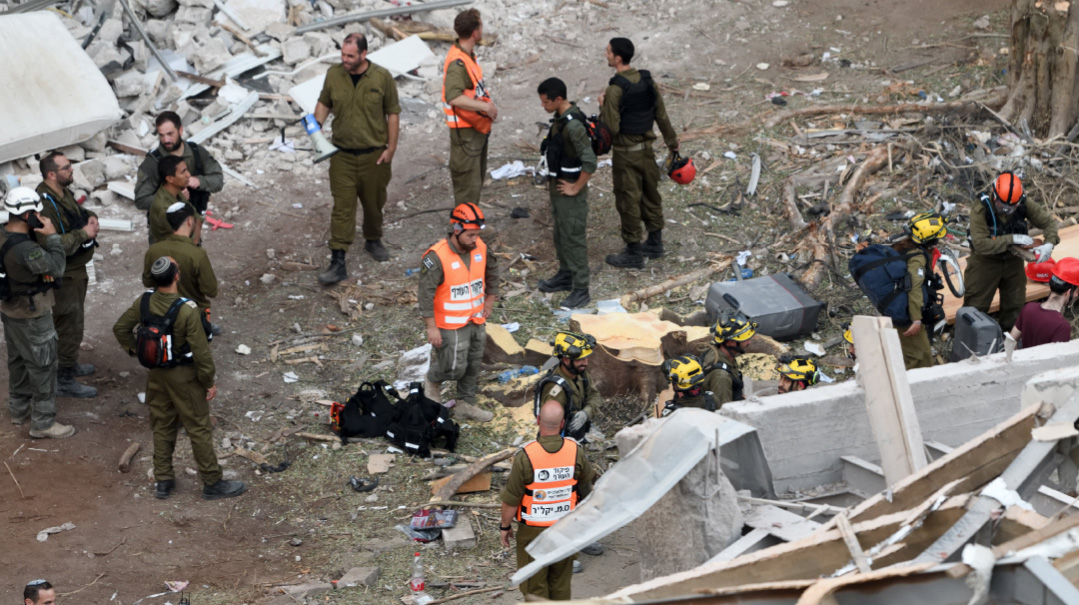Our Testimonies: Stories of Fortitude and Strength

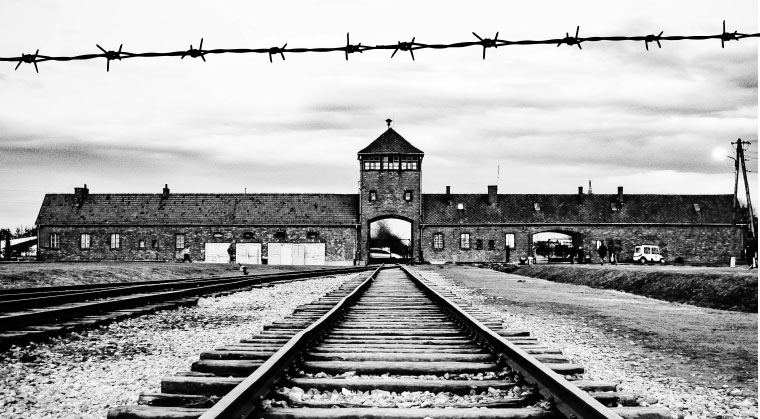
Arielle Pfefer will be celebrating her bas mitzvah this Purim, March 21, 2019. But she is not busy with the usual planning like who to invite and what to wear. Instead, Arielle has chosen to look beyond herself and accomplish something very meaningful in honor of this milestone. She decided to collect stories of Holocaust survivors and print them in a book to serve as a testimony for future generations. As the number of survivors diminishes, the perpetuation of the memory of the calamities endured during this period remains uncertain. It is her wish that this collection of sixteen personal accounts, which she has called Our Testimonies, will stand as proof of the atrocities that European Jewry suffered during World War II.
Our nation lost millions of our men, women, and children during Nazi rule. They were systematically exterminated because of their Jewishness. Fortunately, Arielle’s great-grandparents from her mother’s side escaped Europe before the war. However, her father’s family was not as lucky. It is their story, and the stories of many other families, that Arielle has chosen to highlight. But they are more than just stories; they are testimonies to their bravery, resilience, and, above all, emunah.
With great determination and hard work, Arielle collected these accounts from her own contemporaries and friends. “My hope is that this period in Jewish history will live on. This work has become of utmost importance to me since I am a member of the last generation to have met survivors,” Arielle explains.
Interestingly, during her research, Arielle came across a pasuk from Megillas Esther that points to a connection between Purim and the Holocaust. “Purim should be remembered and kept by every single generation to come. The days of Purim should not fail from among the Jews, nor the memorial of them perish from their offspring.” Arielle takes this as a lesson. “It is an event that should become part of our identity. It is up to me to pass on these horrific but true accounts that occurred to our families.”
The following are two excerpts from her forthcoming book.
Benny and Sally Levine
By Arielle Pfefer
Benny, my great-grandfather, was born on March 26, 1922, to Isaac and Rosa Lewin. He had a younger sister named Rivka. Benny grew up in the town of Swislocz (also called Svislach or Sislevich), Poland. He went to a Jewish day school called Yavneh, and his favorite teacher was Emanuel Goldberg.
He and his family ran a successful business of raising cattle to sell for slaughter. Benny and his father often traveled to Warsaw, Poland, to sell the hides from the slaughtered animals.
At the age of nineteen, life as Benny knew it suddenly ended. The Germans invaded his hometown in 1941. He remembers one incident in particular, when the rabbi of his shul walked outside to the street with a tallis over his head, carrying a sefer Torah. A German soldier went over to the rabbi and began cutting his beard, at which point Benny ran over and begged the soldier to cut Benny’s ear or tongue instead. The German soldier then hit the rabbi’s face with his pistol.
Benny and his family, along with everyone from Swislocz, were forced onto crowded trains, destination unknown. They arrived at Auschwitz, where Benny was immediately separated from his family. He later learned that his parents and little sister were killed in the gas chambers on the tenth of Shevat, in the year 1942.
(Excerpted from Teen Pages, Issue 748)
Oops! We could not locate your form.

